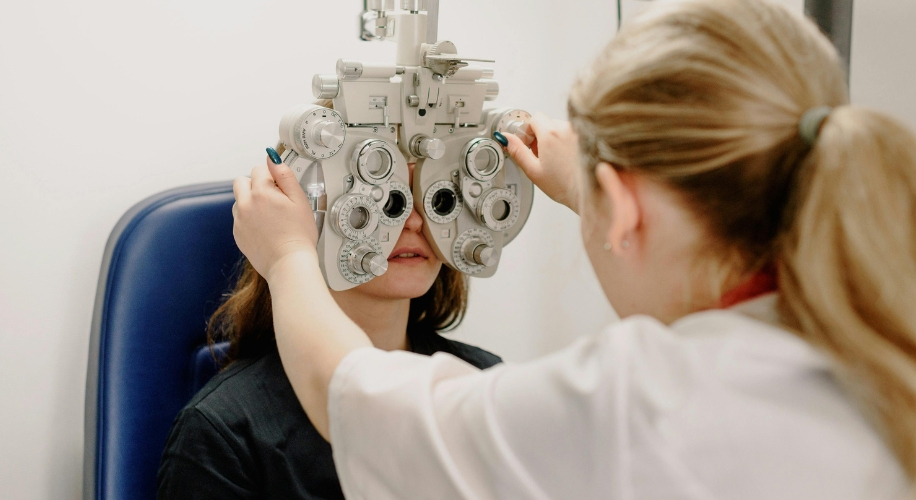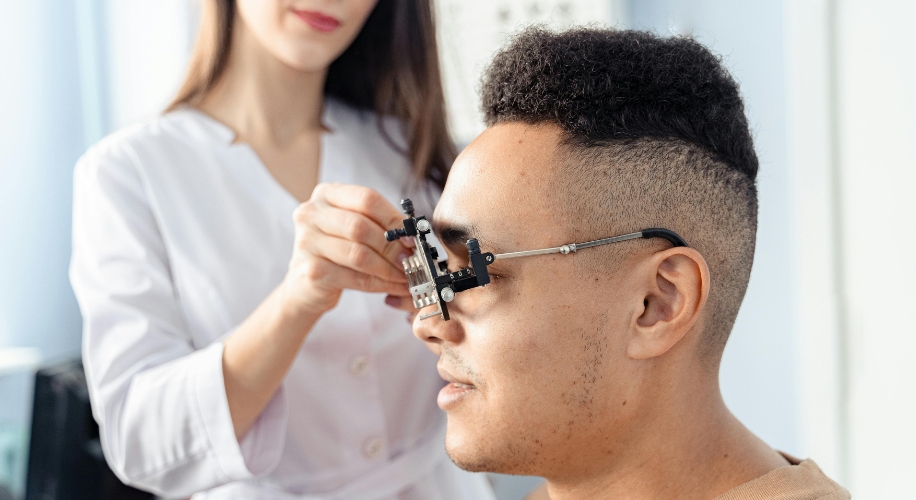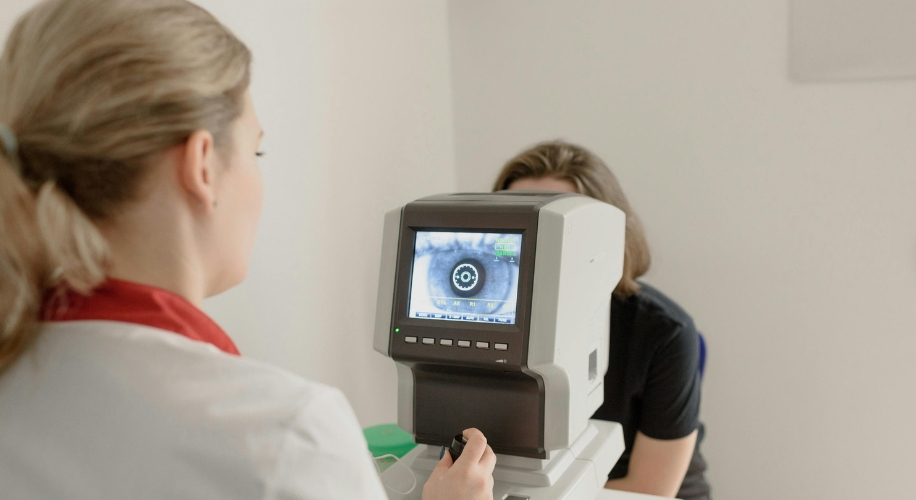How Much Does an Eye Exam Cost?
Getting an eye exam is crucial for maintaining good vision and overall eye health. Whether you need glasses, contacts, or just a check-up, understanding the costs involved can help you plan accordingly. In this blog, we’ll break down the factors that influence the cost of an eye exam and provide tips on how to find affordable options.
Photo by Antoni Shkraba
Factors Influencing the Cost of an Eye Exam
1. Type of Eye Exam
The cost of an eye exam can vary depending on the type of examination required. Basic eye exams, typically including a vision test and a basic check-up of eye health, can cost anywhere from $50 to $100. Specialized testing for conditions such as glaucoma, macular degeneration, or diabetic retinopathy can be more expensive, ranging from $100 to $250 or more.
2. Provider Type
The cost can also vary depending on whether you see an optometrist, ophthalmologist, or a primary care physician. Optometrists generally offer lower prices for routine eye exams, while ophthalmologists, who are medical doctors specializing in eye care, may charge more due to their advanced training and additional services.
3. Insurance Coverage
If you have vision insurance, it can significantly reduce your out-of-pocket expenses. Many vision insurance plans cover the full cost of an eye exam or provide a discount. Check with your insurance provider to understand your benefits and any potential co-pays or deductibles that might apply.
4. Additional Services
Eye exams often come with optional services that can add to the overall cost. For example, retinal imaging or visual field testing can be beneficial for diagnosing certain conditions but may come with additional fees. Be sure to ask your eye care provider about these extra services and their costs.
Photo by Ksenia Chernaya
How to Find Affordable Eye Exams
1. Check for Discounts and Promotions
Many eye care providers offer seasonal promotions or discounts for new patients. Keep an eye out for these offers, especially around back-to-school season or other key times of the year. Some clinics also offer package deals that combine eye exams with discounts on glasses or contacts.
2. Utilize Community Health Programs
Community health centers or local non-profit organizations often provide low-cost or sliding scale fees for eye exams. These programs are designed to make eye care accessible to those without insurance or with limited financial means. Contact local health clinics or search online for resources in your area.
3. Consider Retail Chains
Some retail chains offer competitive pricing for eye exams, sometimes lower than private practices. Additionally, these retailers might offer package deals that include eye exams along with discounts on eyewear.
4. Use Flexible Spending Accounts (FSAs)
If your employer offers a Flexible Spending Account (FSA), you can use these pre-tax dollars to cover the cost of your eye exam. This can help reduce the financial impact by allowing you to pay with pre-tax income.

Photo by Ksenia Chernaya
The cost of an eye exam can vary based on several factors including the type of exam, provider, and whether you have insurance coverage. By understanding these factors and exploring various options, you can find an affordable solution that meets your eye care needs. Regular eye exams are essential for maintaining optimal vision and health, so make sure to budget for them and seek out resources that can help reduce the costs. Stay informed, compare options, and take proactive steps to ensure your eyes remain healthy and your vision stays sharp!






 Canada
Canada